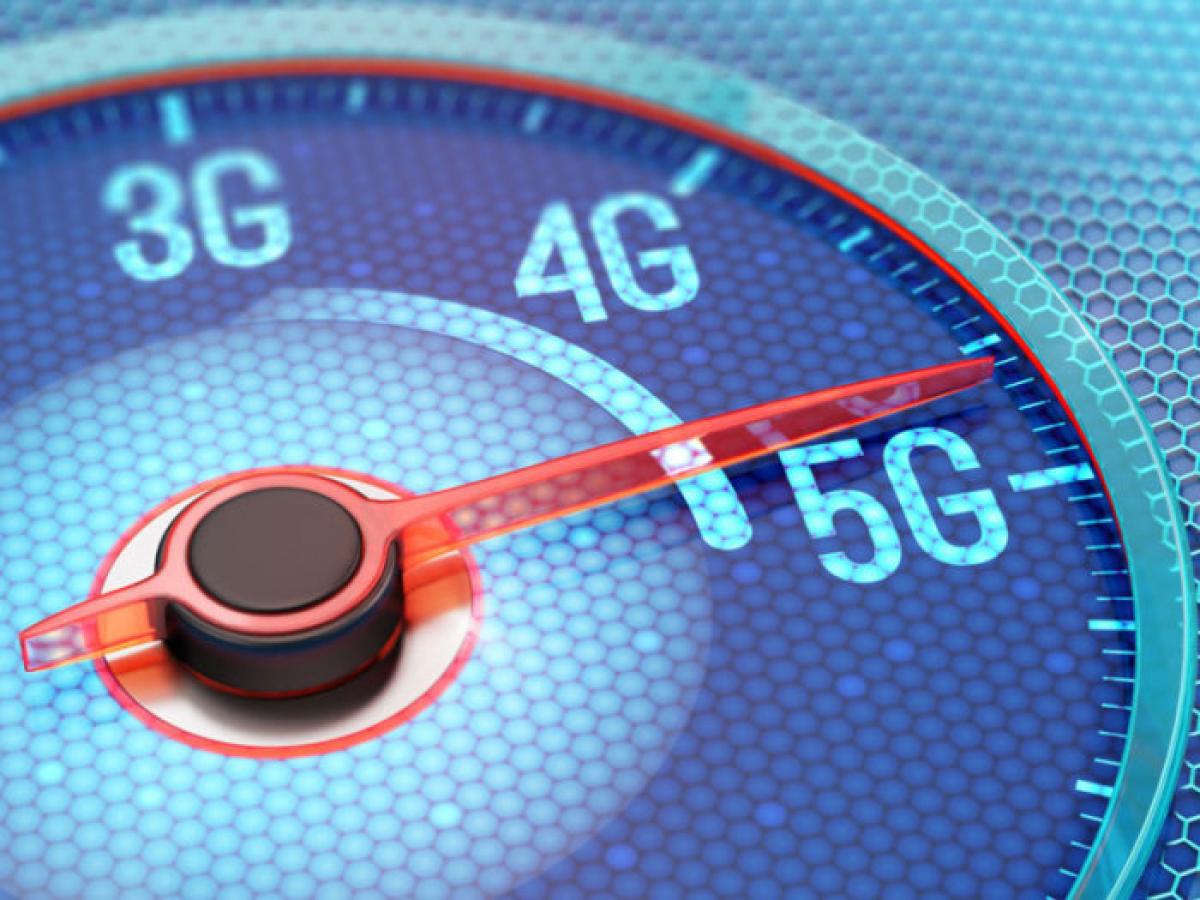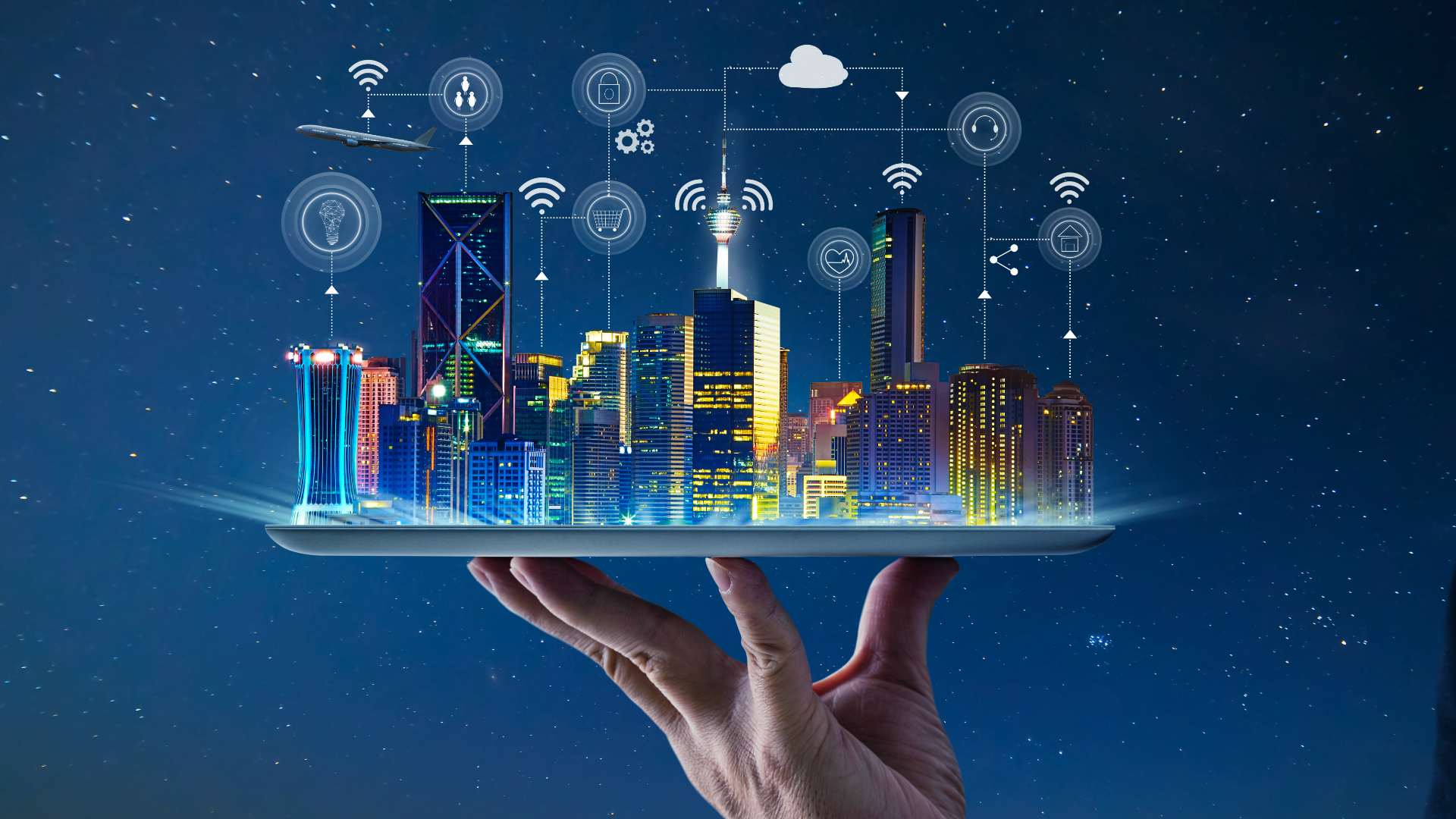The power of anonymous data
The application of anonymous data can be a huge benefit to businesses looking to tailor services more closely to customer behaviour

A popular phrase usually found alongside “big data” is “smart city”. This is because a large conurbation with hundreds of thousands or millions of inhabitants will be a significant source of data, and could also greatly benefit from the effective analysis of that data. Traffic information from city dwellers’ use of personal vehicles and public transport is just the beginning. The sheer volume of people habitually found in a given location can help city planners manage resources, assist retailers to know where they can most effectively place outlets, when to open them, and much more.
One of the most significant sources of this information is the smartphone. In figures cited by Consultancy.uk, Deloitte has claimed that, in 2017, 85% of the UK population owned smartphones, and this figure has been increasing every year. A smartphone is packed with sensors and connects to external ones as well. It knows our location, is increasingly the conduit for our travel and retail transactions, and forms the hub of our social interaction. This makes it the perfect device to supply the big data for a smart city.
But smartphone users are becoming increasingly uncomfortable with the amount of data their devices collect about them, and who it is being shared with. Even when we are sure where our data is being sent, we still worry that big corporations know too much about where we are going and what we’re doing when we get there.
The Week
Escape your echo chamber. Get the facts behind the news, plus analysis from multiple perspectives.

Sign up for The Week's Free Newsletters
From our morning news briefing to a weekly Good News Newsletter, get the best of The Week delivered directly to your inbox.
From our morning news briefing to a weekly Good News Newsletter, get the best of The Week delivered directly to your inbox.
Although it’s very easy to see these kinds of news stories as a valid impetus to restrict all our data from being shared with anyone, this will be preventing some of the most significant advancements afforded by contemporary technology. The benefits for our lifestyles and work needs can be very real. The data collected doesn’t have to be directly linked to specific individuals, and in fact some of the greatest potential can be available from looking at the trends found in large aggregations with no need to drill down to individual records.
The key word here is “anonymous”. Your data can be separated from your identity, so you become merely one sample amongst millions that are grouped under categories such as demographics. For example, O2’s Smart Steps uses anonymised, aggregated smartphone geolocation data from over 24.5 million O2 mobile network customers to track the number of people who visit a location. All of the data collected by Smart Steps is secure, anonymous and aggregated so no personal information can be extracted. Whilst anonymous, if its customers have recorded their preferences, it can be referenced by time, gender and age. It can also track where its users have come from and where they are going, using data that spans back to 2013.

Without needing to know who individuals are, this kind of information can pay huge dividends. O2’s Smart Steps has been harnessed to tap into real-time and historical data on over 100 daily journeys to help one company to advise clients much more accurately and quickly than when they were using their previous data collection methods. This helps clients decide whether to go ahead with airport, building, road or high-speed rail schemes, saving four months of work on a typical 16-month project. Thus the planning of city infrastructure can be much smarter and faster than before, with adjustments according to where people actually go in their daily lives.
A lot of information is available without needing to identify individuals. Records may be tagged with an ID, but this will still be securely separated from which user it is referring to. There are benefits from this, as it can provide details about whether visitors to a location are newcomers or returning, and when they come. Shops can work out whether their marketing is working to bring in new customers, and at what times to employ more retail staff to cope with demand. This is likely to be of benefit to the customers as much as the retailer, since the former won’t find themselves stuck in check-out queues or unable to find an assistant to help them because the shop is too busy, and the latter will be able to better manage their people.
However, there are also potential benefits that are more directly targeted at the individual, without specifically requiring them to part with their anonymity. Where historical mass travel data can make public development schemes smarter and more finely targeted, retailers can use similar generalised real-time data to plan the best times and places to offer discounts – either to attract customers to an underutilised outlet, or reach them where and when they are gathering in large numbers, such as a shopping mall or venue with associated restaurants. They can then track the effectiveness of these endeavours.

This concept gains particular power when end users don’t have to wade through a massive list of offers, many of which aren’t relevant to their tastes or current location. O2 Priority, for example, uses geo-location to present offers and savings that are tailored to where the customer currently is, making them more relevant and likely to be of benefit. Especially if the customer has also registered what’s important to them.
The offers are essentially tailored to your lifestyle as you travel. For example, you might be attending a concert at the O2 Arena, so Priority presents a selection of restaurants near the venue that are currently offering discount deals. This isn’t an intrusive system like the personalised advertising shown in science fiction movies such as Minority Report. People choose to be alerted, and can also access the service purely on demand.
This really is just the tip of the iceberg of what is possible when you allow your smartphone to share information with aggregators that apply the necessary, regulatory safeguards to anonymise your data. Real-time traffic details derived from smartphone locations can help route drivers away from congestion. Dynamic variable speed limits can react to smooth out flow ahead of a bottleneck. Environmental controls in enclosed public spaces can be adjusted to suit the volume of people visiting. So long as customers can be assured that their data will not be abused, and will remain anonymous when requested, the power available to manage city life more smartly can be huge.
Discover how O2’s technology is helping businesses empower their workforce.
A free daily email with the biggest news stories of the day – and the best features from TheWeek.com
-
 The ‘ravenous’ demand for Cornish minerals
The ‘ravenous’ demand for Cornish mineralsUnder the Radar Growing need for critical minerals to power tech has intensified ‘appetite’ for lithium, which could be a ‘huge boon’ for local economy
-
 Why are election experts taking Trump’s midterm threats seriously?
Why are election experts taking Trump’s midterm threats seriously?IN THE SPOTLIGHT As the president muses about polling place deployments and a centralized electoral system aimed at one-party control, lawmakers are taking this administration at its word
-
 ‘Restaurateurs have become millionaires’
‘Restaurateurs have become millionaires’Instant Opinion Opinion, comment and editorials of the day
-
 The guide to workplace security
The guide to workplace securityfeature The dos, the don’ts and everything in between – effective workplace security is the responsibility of every individual in the business
-
 How big data will change our lives
How big data will change our livesfeature Big data can be seen as daunting, but with proper handling it could be the most significant opportunity for people and business this century
-
 Building connectivity: How 5G will change the way we live and work
Building connectivity: How 5G will change the way we live and workfeature The next generation of mobile data is on the horizon and with it, the potential to revolutionise our everyday lives
-
 A day in the life of a smart city dweller
A day in the life of a smart city dwellerfeature How a truly connected life could spell the end of traffic jams, potholes and the weekly shop
-
 Empowering people to build a better business
Empowering people to build a better businessfeature How can people and tech work in unison to create a better business?
-
 What's driving the digital work revolution?
What's driving the digital work revolution?feature The world of work is evolving so quickly, but are we underestimating the role of people?
-
 The evolution of people in the workplace
The evolution of people in the workplacefeature People are the most important asset for any business, and they need the right tools and platforms to help them flourish
-
 Why the Government wants a mandatory ‘backdoor’ on encrypted technology
Why the Government wants a mandatory ‘backdoor’ on encrypted technologyIn Depth Five Eyes intelligence alliance says gadget makers could face new legislation if they fail to comply